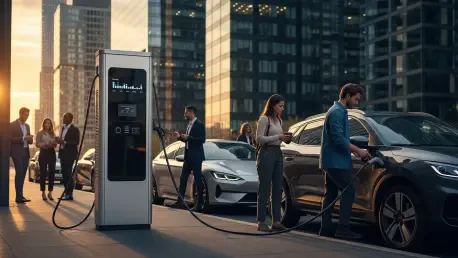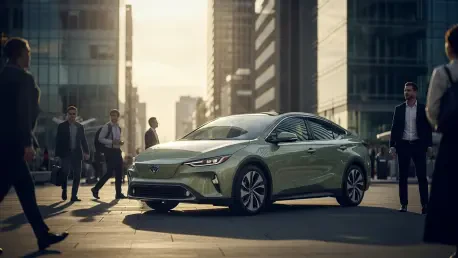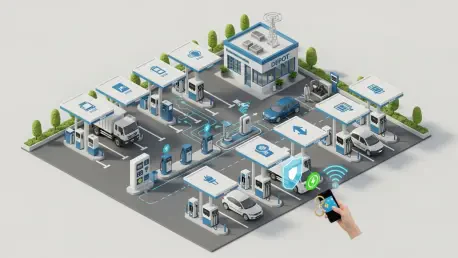
I'm thrilled to sit down with Christopher Hailstone, a seasoned expert in energy management and renewable energy, whose deep knowledge of electricity delivery and grid reliability offers a unique perspective on the evolving electric vehicle landscape. With a career dedicated to advancing

Imagine a bustling city where delivery trucks hum quietly on electric power, slashing emissions while weaving through traffic with uncanny precision. This isn’t a distant dream but a reality being shaped today by the invisible force of data. As the world pushes toward sustainability, fleet

Imagine a world where choosing to drive cleaner, greener, and quieter with an electric vehicle (EV) comes with a hidden cost—a tax that hits harder than what gas-guzzling car owners pay for the same stretch of road. As EVs gain traction as a cornerstone of sustainable transportation, governments

Imagine a world where the push for cleaner transportation hits a sudden roadblock, yet drivers still find a way to steer toward greener options. In the United States, the elimination of the $7,500 federal tax credit for electric vehicles has jolted the market, sending shockwaves through sales of

Setting the Stage for a Critical Market Challenge In the high-stakes world of global energy markets, few arteries are as vital as the Caspian Pipeline Consortium (CPC), which channels oil from the Caspian region through its Black Sea terminal near Novorossiysk, Russia. A recent drone attack on this

Fleet managers facing volatile fuel costs, tighter delivery windows, and climate targets are converging on a single, pragmatic question: can one card knit together payments, policy controls, telematics, and EV charging without adding complexity or risk to day-to-day operations while delivering